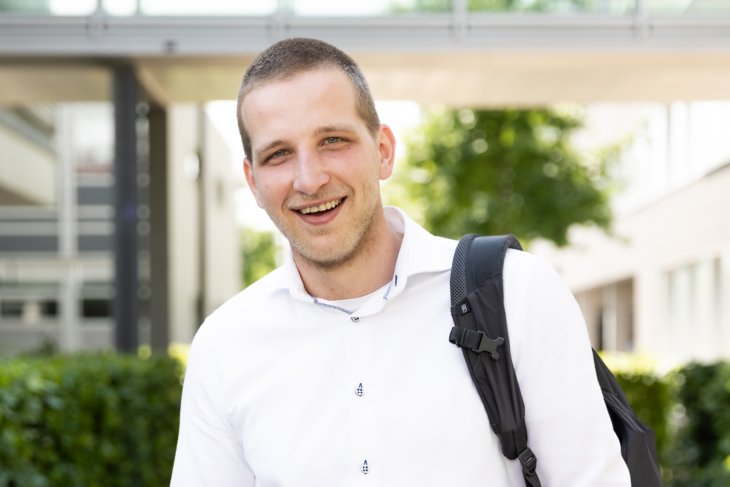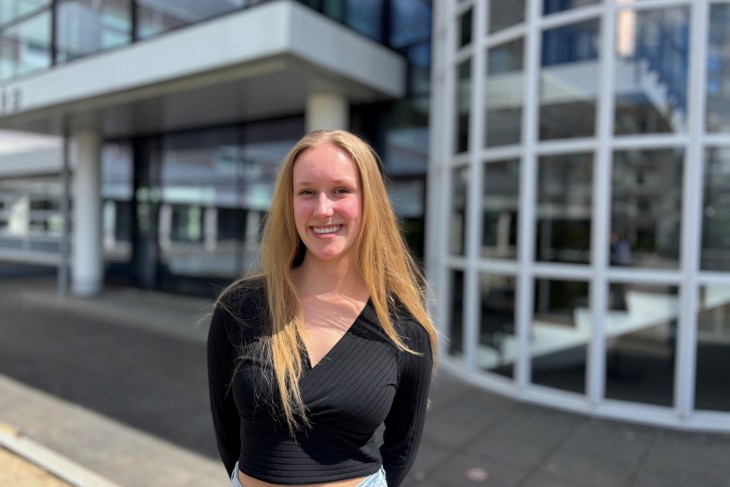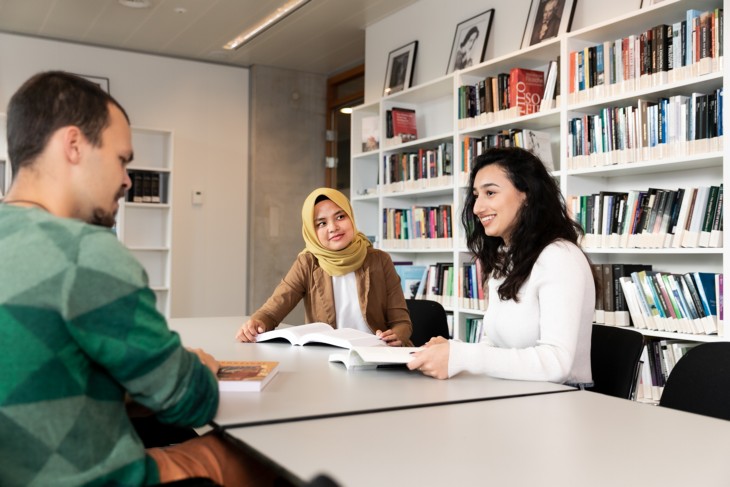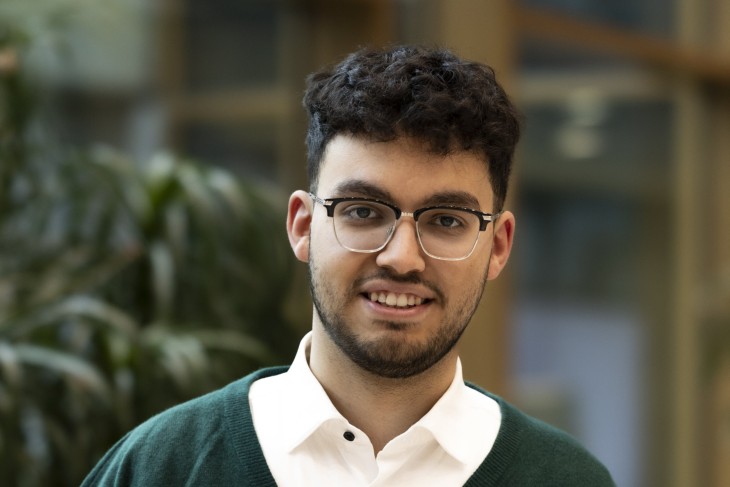“I have always been drawn to technology, keeping up with the latest smartphones, laptops, and software. I knew I wanted to study something tech-related, but I was looking for a broader field rather than specialising in computer science. That’s how I discovered the Bachelor’s in Business Information Technology at the University of Twente, which immediately appealed to me.
Business-Tech translator
The first year is mostly programming, math, and computer science in addition to some business-related projects. In the second year, you dive into business-related topics and their connection with IT.
This programme teaches you to bring two worlds together: the computer scientists’ and the business professionals’ worlds. The people from the business and the computer science domains speak two different languages, and you learn to speak both. Bridging these worlds is difficult but essential for any company. For example, how can you solve an IT problem for a company while considering the requests of the people who work there and the needs of the customers who use the service?
Real-world challenges
What I enjoy about the programme is that you get to work on real-life business projects. For example, in one module, we worked with a company that provides weather data to shipping companies. How can we make sense of the large volumes of data in a dataset? Using data visualisation tools, such as Power BI and Tableau, we created visuals to interpret the data. This way, shipping lines can predict staffing needs: if bad weather is anticipated, more personnel may be required to handle increased demand or potential issues, and vice versa.
In another project, we built a web application for a government organisation. We used the so-called Scrum methodology, which means that we worked in teams, where each team worked on smaller tasks and completed them in short, focused time periods called sprints. The goal was to create a system where citizens could suggest and vote on ideas for improving the city. It was an awesome experience because we worked with students from Computer Science and together developed something that the organisation planned to use.
I like that you have the freedom to choose courses that interest you. For my elective space in the third year, I’ve chosen two minors, Aerospace Management and Web Science. Each one offers a different perspective on complex systems and how people interact within them.
Managing airports
I opted for Aerospace Management not because I'm particularly drawn to aviation but because I find airports fascinating. These are complex organisations that must coordinate the needs of very diverse groups: the airport as a company, airlines, air traffic controllers, environmental groups, and government agencies. Managing these five groups requires careful stakeholder analysis and a deep understanding of each group's goals and priorities. This minor has taught me the importance of clear communication and finding common ground among various stakeholders. It aligns with my major in Business and IT, where business professionals and IT experts must also work together harmoniously.
The second minor, Web Science, belongs to the Bachelor's in Technical Computer Science. I learned how networks influence human interactions and decisions. For example, what’s the impact of an online community like Facebook Marketplace on how people form groups and influence one another?
I am curious to see where the future will lead me. After graduation, I plan to continue with a master's or work at a startup where I could contribute to the implementation of IT systems. I actually already feel confident to start working right away after my bachelor's, thanks to everything I have learned in the programme. We'll see what my next step will be. But first, it is time for my internship, where I will work on a business consultancy project with other Business Information Technology students.”





